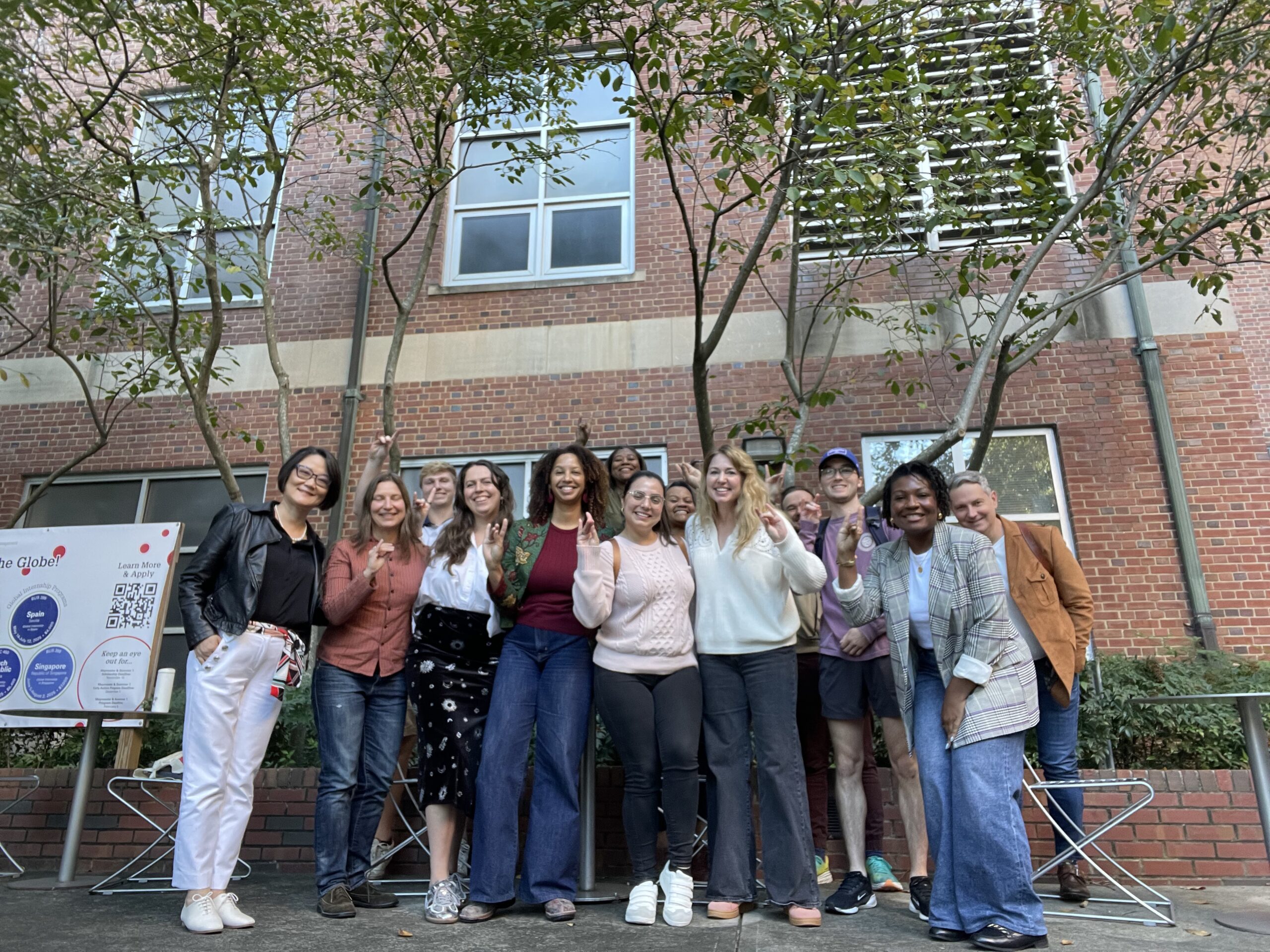Refining B Corp Success

In light of the business community’s ongoing emphasis on promoting environmental and social good, more companies are intent on certifying as Benefit Corporations (B Corps). Many of those companies also apply for B Corp certification, a lengthy process that legally binds them to meet specific social and environmental performance standards in their operations.
Recent research indicates that B Corps often experience financial slowdowns while pursuing certification. In a new exploratory paper, NC State University’s Jeffrey M. Pollack and Jon C. Carr, together with colleagues from several other institutions, trace this trend back to a concept called entrepreneurial orientation.
The authors identify several trademarks of entrepreneurial orientation:
- Risk-taking. Trying new strategies on a regular basis, like testing new products or services, especially in the face of uncertainty.
- Proactiveness. Developing forward-thinking solutions to anticipated challenges and needs, both internally to the company and externally to the community they serve.
- Innovativeness. Willingness to alter existing products and develop new ones as the venture adapts to economic and social needs.
“We wanted to explore the nuances around a company’s mission and entrepreneurial orientation to better assess the success of one firm compared to another,” says Pollack, a professor of entrepreneurship at the Poole College of Management. “Once we acknowledge those differences, we will be better equipped to help practitioners reach their short- and long-term goals.”
We wanted to explore the nuances around a company’s mission and entrepreneurial orientation to better assess the success of one firm compared to another.
To establish a quantitative foundation for their work, the researchers conducted an eight-week survey following the business trajectories of 17 ventures that were pursuing B Corp certification and 24 that were not. They found that ventures pursuing B Corp certification consistently exhibited lower levels of entrepreneurial orientation than their counterparts, possibly explaining impaired financial performance.
These apparent links between B Corp certification, entrepreneurial orientation and financial performance prompted Pollack and his fellow researchers to organize eight interviews with different firms in both categories. After delving deeper into the development models that might impact each firm’s financial performance, the researchers uncovered two main phenomena. First, companies pursuing B Corp certification tended to fall back on business strategies from other successful companies rather than create entrepreneurial solutions unique to their own mission and goals. Second, when teams dedicated the majority of their time to achieving B Corp certification, they paid less attention to their internal operations, leading to financial slowdowns. “Businesses should make sure not to sacrifice opportunities for company growth while pursuing B Corp certification,” Pollack recommends.
Because ventures are launched with different missions and values, we need better theories and terminology to measure their success, beyond financial performance metrics and limited definitions of entrepreneurial orientation.
Pollack and his colleagues also suggest that the very act of pursuing B Corp certification demands a higher level of entrepreneurial orientation. They call for researchers to develop a more inclusive and adaptable understanding of entrepreneurial orientation that accounts for nuance. “Because ventures are launched with different missions and values, we need better theories and terminology to measure their success, beyond financial performance metrics and limited definitions of entrepreneurial orientation,” Pollack says.
While their study only followed firms for eight weeks, Pollack and his colleagues hope to examine the longer-term impact of B Corp certification and entrepreneurial growth on both teams and individuals. “At the end of the day, there is no one right way to run a venture,” Pollack concludes. “It will be exciting to see what new insights others bring to this growing body of B Corp research.”
The paper, “Pursuing B Corp Certification: Exploring Entrepreneurial Orientation and Proocial Motivation,” is published in Academy of Management Studies. The paper was co-authored by Jeffrey M. Pollack of North Carolina State University, Rosanna Garcia of the University of Denver, Timothy L. Michaelis of Northern Illinois University, Sheila Hanson of the University of North Dakota, Jon C. Carr of North Carolina State University and Lewis Sheats of North Carolina State University.
Originally posted by: Eliana Chow | 12.16.21 | Poole Thought Leadership
—
Note to Editors: The study abstract follows.
“Pursuing B Corp Certification: Exploring Entrepreneurial Orientation and Prosocial Motivation”
Authors: Jeffrey M. Pollack, North Carolina State University; Rosanna Garcia, University of Denver; Timothy L. Michaelis, Northern Illinois University; Sheila Hanson, University of North Dakota; Jon C. Carr, North Carolina State University; and Lewis Sheats, North Carolina State University
Published: June 22, 2021, Academy of Management Studies
DOI: 10.5465/amd.2019.0083
Abstract: Our work is motivated by the empirical finding that Benefit corporations (B corps) that pursue certification experience a short-term slowdown in financial performance. To shed light on this finding, we examine whether entrepreneurial orientation (EO) changes across eight weeks in a sample (n = 17) of B corps pursuing certification relative to a sample (n = 24) of emerging ventures not pursuing B corp certification. Our abductive, exploratory research finds that EO does not change over time as a function of B corp certification pursuit. However, after further examination of these data, findings show that firms pursuing B corp certification, at the study launch, demonstrated lower EO, and that the EO gap between the two types of companies remained throughout the study. We found this curious, and we thus examined our data for possible explanations with regard to prosocial motivation. We then augmented our quantitative data with qualitatively derived insights from eight semistructured interviews with participants to more fully examine the developmental processes at work in B corp certification pursuit. We discuss the implications of our findings, from both theoretical and practical points of view, and we describe multiple compelling lines of future research that can build on this exploratory research.
- Categories:


